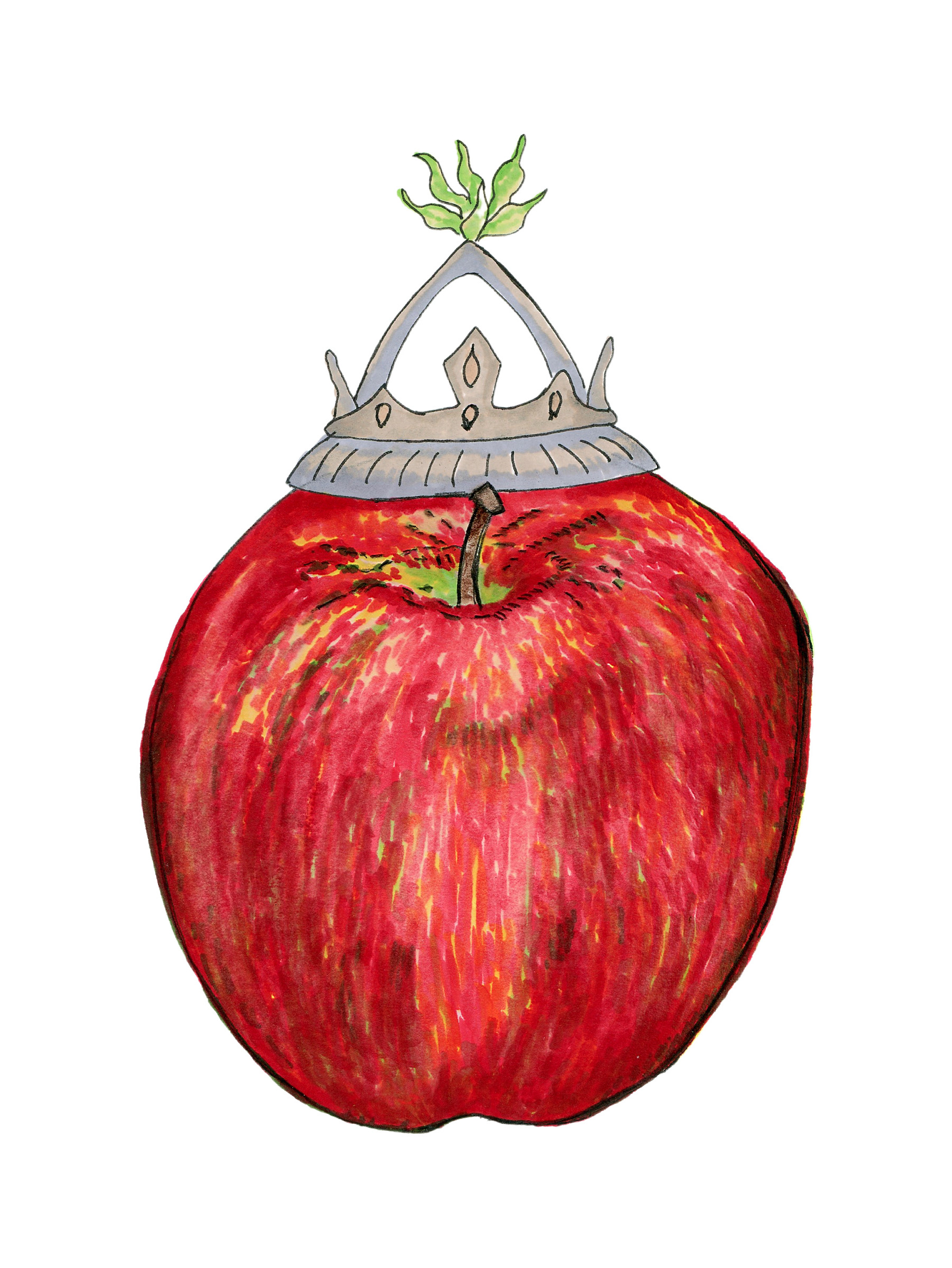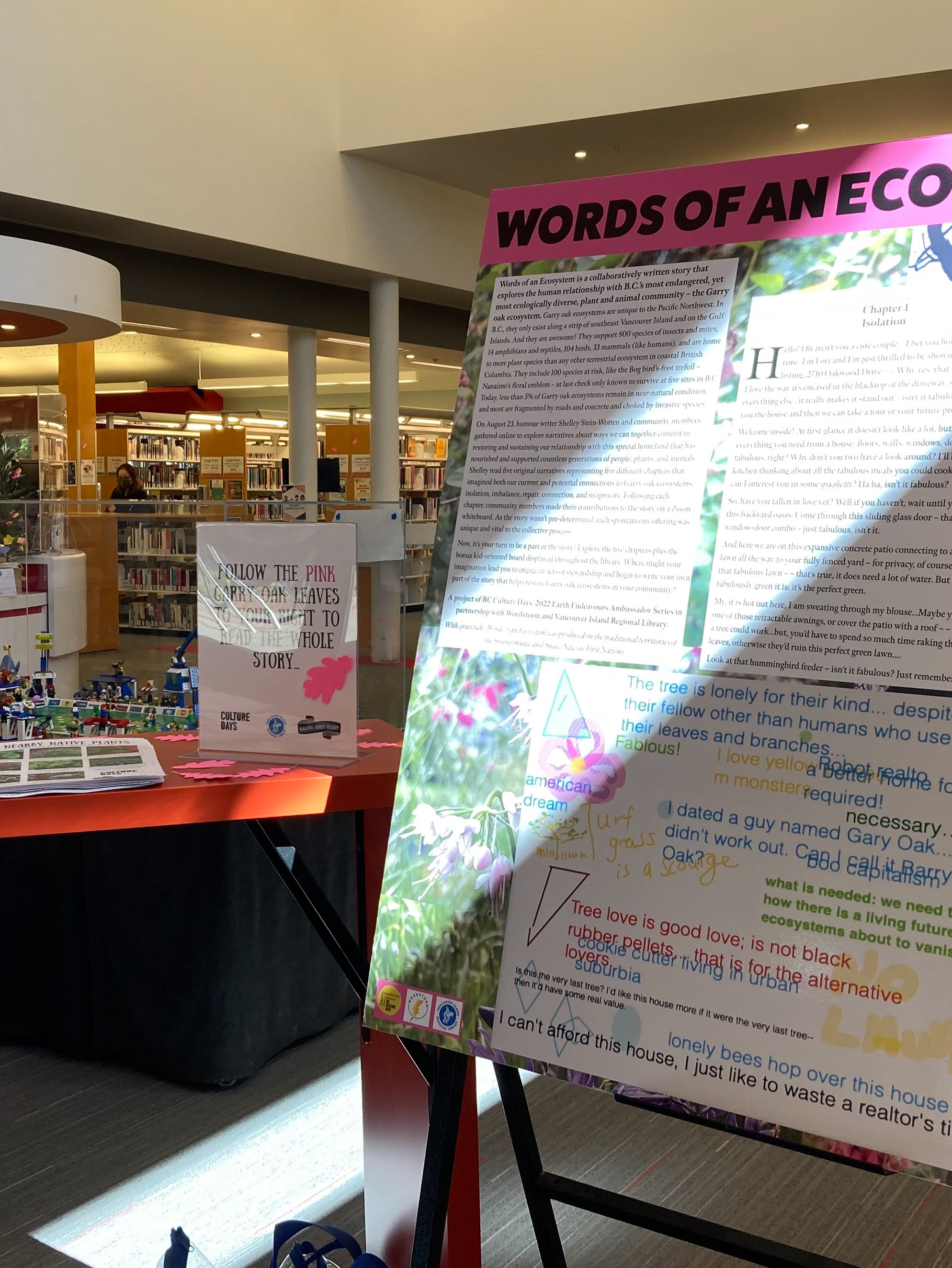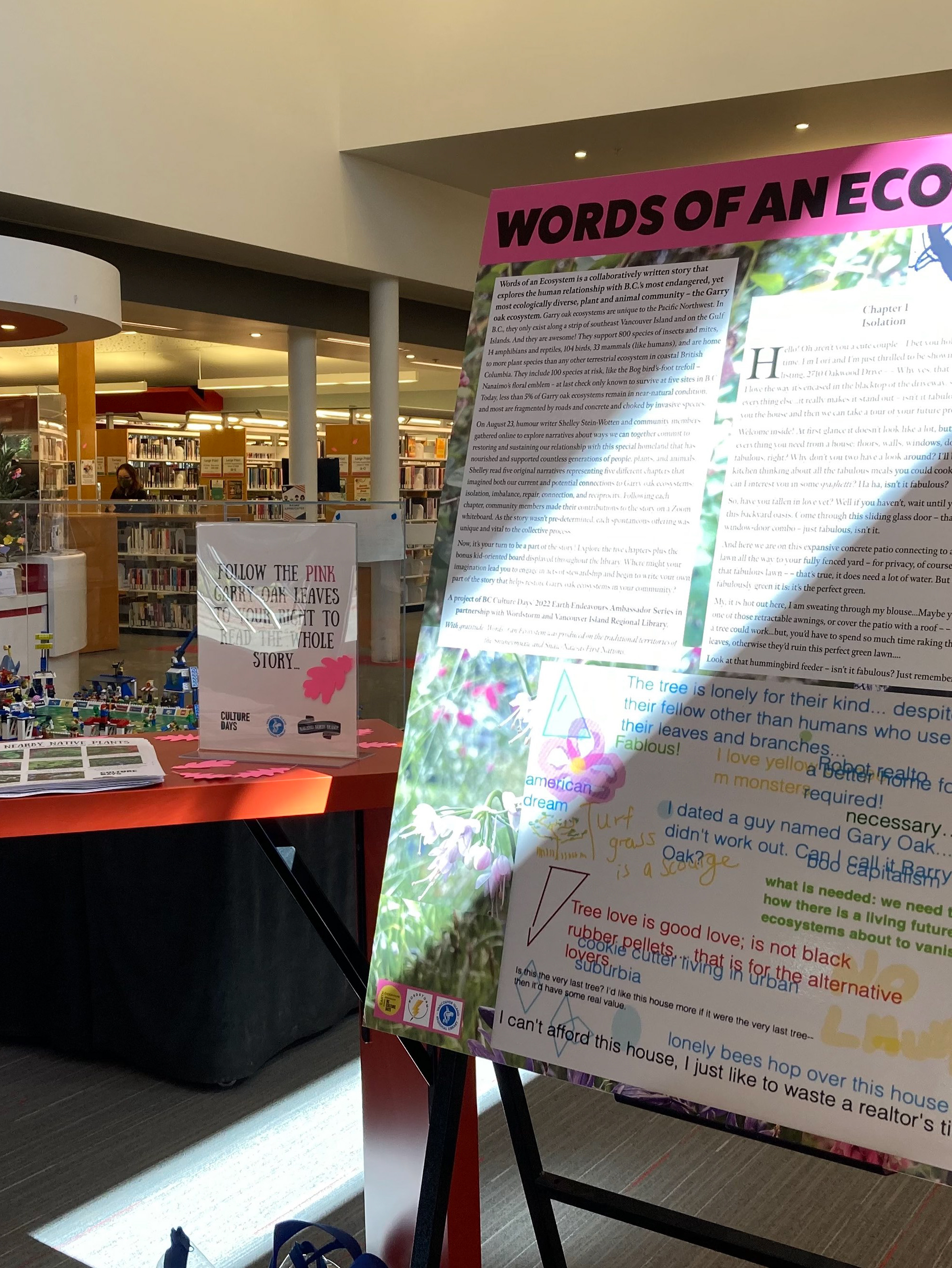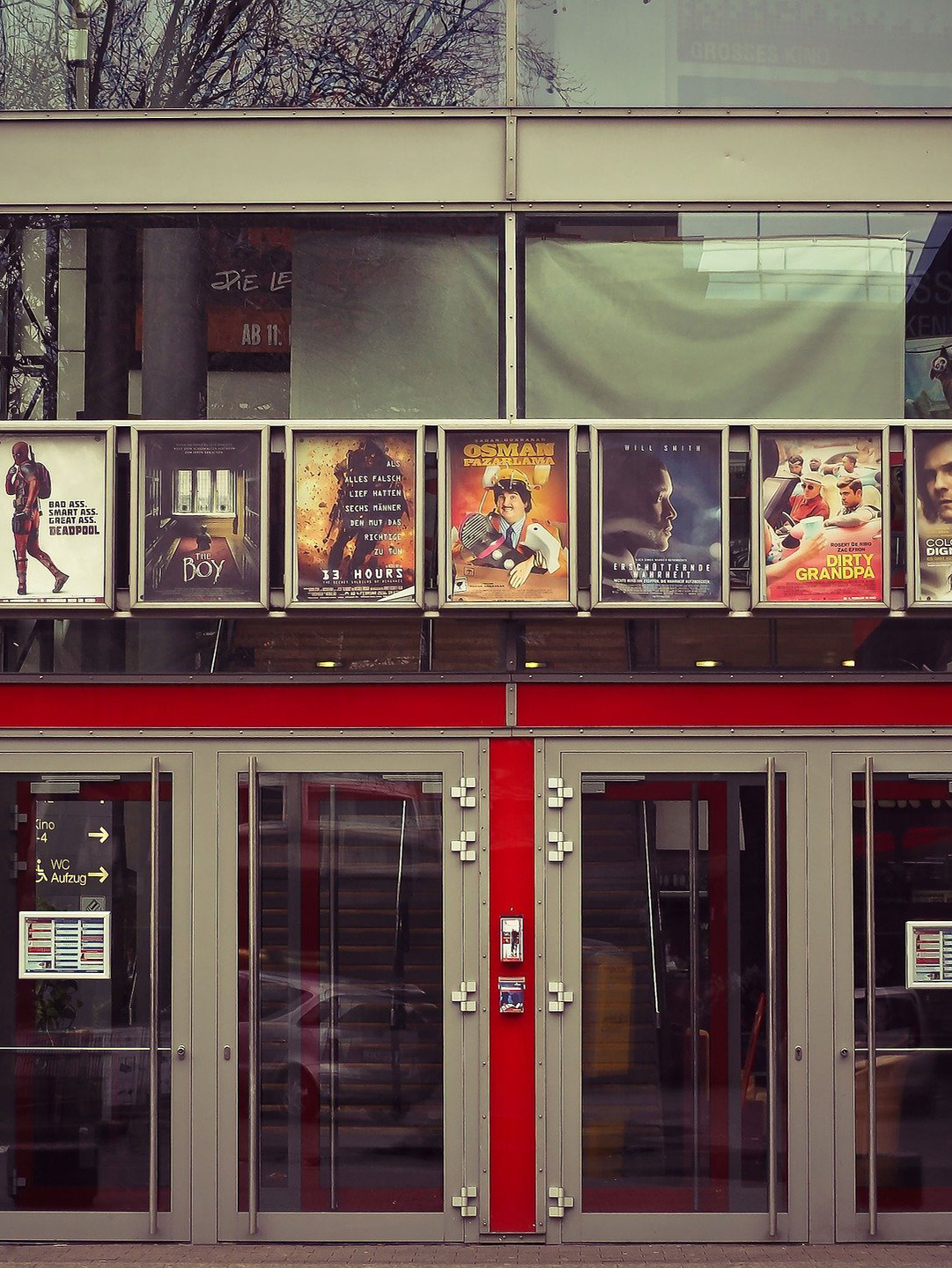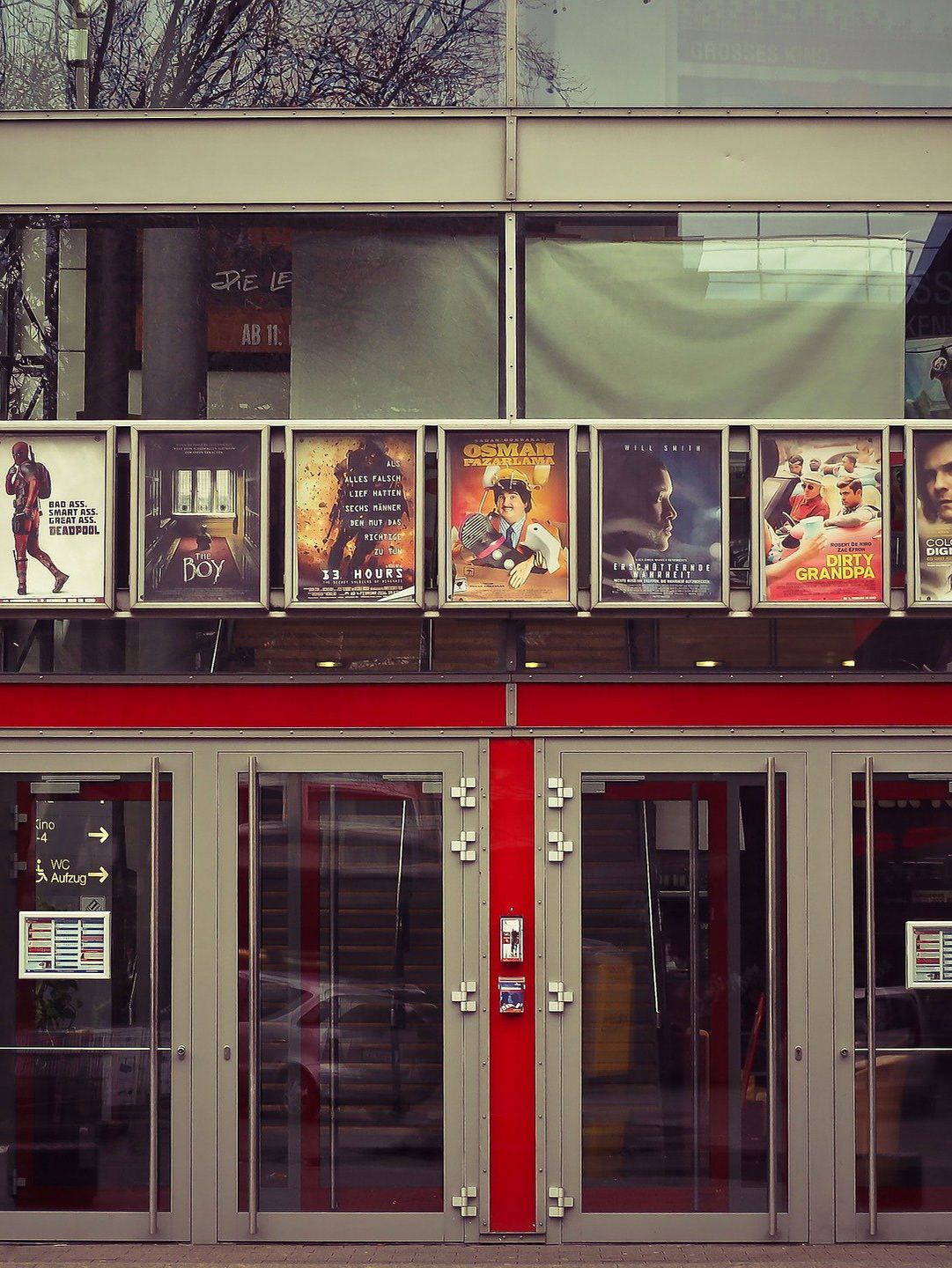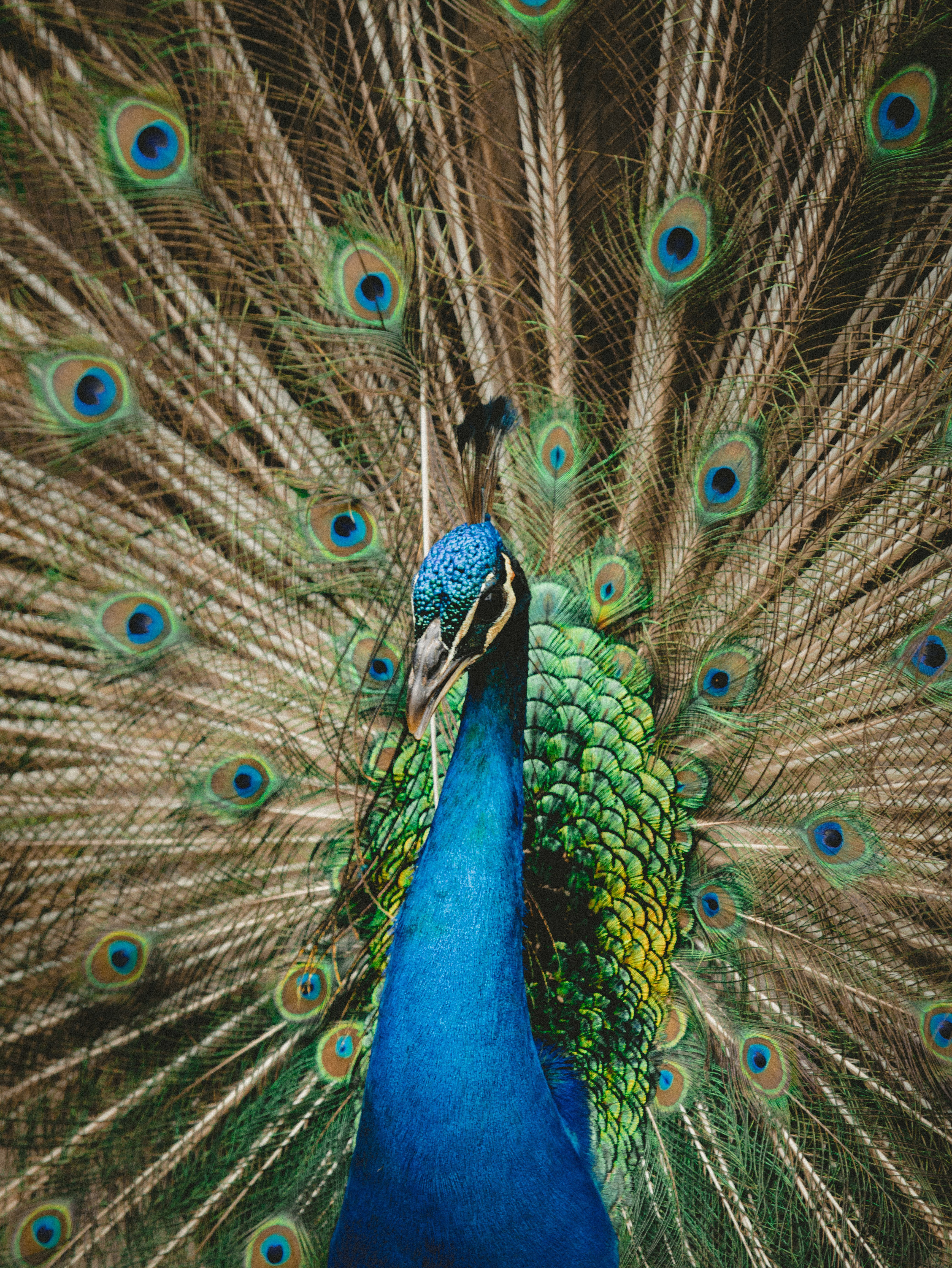2022–The Temz Review
A textbook delivered the news. “Species at risk,” proclaimed the heading to the eight-line paragraph on the oh-so-tearable, newsprint-quality gloss page of Science Probe 7.
Species at risk are animals whose lives are on the brink of being snuffed out from issues like habitat loss, food scarcity, and overhunting. An example is the dodo. Figure 8 is a drawing of the bird. It is very interesting and unique looking, wouldn’t you say? There are no photographs of the dodo because the last dodo died in 1681. In fact, there are no more dodos. Humans killed all the dodos. You will never meet a dodo. It is extinct.
Gut-heaving sobs racked my 13-year-old body. No more? Extinct? Because of humans. Mind somersaulted, life altered now knowing all of a species can be wiped out. The last days of the final dodo and the beginning of my own, separated by 307 years.
What all can be told of this flightless bird is a few notes from some Dutch sailors’ notebooks and others’ archaeological sleuthing.
this sturdy robustforest-dweller dressed in
soft grey feathers
raced on sizeable kneecaps
attached to saffron-hued toes
black claws
crooked yellow-green beak
sharp sense of smell
this devotee of fruit
on Earth staked
a multi-million-year tenure
Shot down to bullet points.
Are there others who miss the dodo as much as I do? Who crave to understand the callousness, to connect with this empty gap in the world’s lineage? Who want to know more of this long-lost avian?
Perhaps we could meet, all of us dodo grievers. We could have meetings in the first-floor multi-purpose rooms of apartment buildings as organized through a Meetup group called I miss the Dodo!!! (participants must bring donuts). We’ll swap stories of when we first heard of the dodo’s absence – after first recording who brought donuts – and share articles on dodo research and findings (“Its demise was not caused by snack-ish sailors – it was because Mauritius was overrun by invasive rats and pigs those very sailors travelled to the island with!”). We’ll tabulate financial penalties against IMDPMBD members who didn’t bring donuts (Susan).
We’ll imagine what it would be like to walk in the big-clawed footsteps of the dodo on its endemic home for millions of years, the island of Mauritius. Claude will say, bon, why not? And we’ll label the notion as preposterous via the language of gurgles because we have boysenberry jelly donuts in our mouths. Go to Mauritius? Janet will say, spewing doughy crumbs. We can’t just go – who can afford it? Certainly not Susan, she owes $785 in donut dues.
But Claude, flapping his arms, will argue, mes amis, non! We cannot keep meeting in this glass-walled room, tucheses plopped on hard Ikea chairs as we look at our flimsy cardboard presentation board with a pasted-on, inkjet-printed, Google-sourced illustration of the Dearly Departed Dodo (DDD). Wait, Joshua, will say, Claude are you Jewish? I would have invited you over for Shabbos dinner if I’d known. And Claude will shrug in an unclear confirmation or denial of the question and spread some cream cheese on a bagel, which we will also have at the meetings. Schmeer, right? Janet will ask with round eyes of wonder affixed on Joshua as she proudly acknowledges a culture. A long silence will follow until Claude resumes his impassioned speech on why we should explore the dodo’s only home.
His adamance and ardour will convince other members. We should do a whole tour, Rico will push, fervently squeezing his donut, jelly dripping on his khakis. Artifacts are dotted all around Europe and each one could get us closer to truly understanding and feeling closer to the DDD. We could travel from site to site, ending at its sacred former home.
Beverly will uncap a dry erase marker and squeak out at the top of the white board,
The Pilgrimage of the Dodo
1. Skull - Copenhagen, Denmark
2. Beak - Prague, Czech Republic
3. Head and foot - Oxford, England
4. Near-complete skeleton - Durban, South Africa
5. Mare aux Songes fossil bed - Mauritius
It is settled. Us DDD followers are obliged to travel to the five sites of The Pilgrimage. To seek answers to the great questions of life, like who are we, and why are we doing this.
We’ll buy plane tickets on a discount airline and soar through the air, like the dodo cannot. We’ll log our journey through media socializing. Through our tweets, so like ones the dodo cannot make, others will marvel at the greatness of our long-lost bird and want to join Josh and Bev and Sue – we heart dodo, too, they’ll tap-tap. Please make it an annual trip so we may also venerate your dodo.
More will flock, like our DDD cannot, to the pilgrimage sites. These skulls and feet are great, they’ll say, and so are our Instagram stories of superimposed angel wings over the skeletal remains, but isn’t there something we can take home with us, to pop on our mantle, or scuttle around the house in?
As dodo adulation catches on, we’ll be forced to sell curios because people will be so annoying and keep asking. Isn’t there something we can buy to show people how remorseful we are about things that have happened in the past without having to have a whole conversation about it? Please, let us spend $37 on a dodo stuffy made by chapped hands in a dark building; $14.99 on a beak amulet – made of polyethylene 7 plastic, of course, we’re not going to fall into the trap of killing animals for trophies!; $72 on a vial of dirt from the Mare aux Songes that may or may not contain 4,200-year-old pulverized dodo bones.
Soon the sites will be swarming with people. There will be an uncomfortable murmur of chatter in the crowds that will distract people from their inner reflections on our DDD, so to drown it all out every site will run dodo mantras through a jet-launch decibel-level loudspeaker four times a day:
We’re so stupid. What have we done. Our ancestors fucked you. We can’t change what happened, so let us plaintively flap our chicken-feathered dodo replica wings.
Something will be missing. Something high impact. Our reverence, our shame for this terrible atrocity, will not be loud enough. Revenues from the souvenir, ehem, sacred object, stands will fund the erection of Really Great Dodo, an 18-foot tall monument. It will go in the centre of the swimming pool at the new resort to be built next to the Mare aux Songes (the bus ride from the airport to the fossil bed is exhausting, plus, it’s not really that exciting once you get there – the interpretive signage is so science-y).
We’ll want to cast the monument from bronze, but that will take too long so we’ll pour some carbon dioxide-hacking cement and dump gold glitter paint on it. (Wear your dodoid-feather-tipped shades when the sun hits it, it might blind you permanently!) Glitter bird will be visible from a low-flying airplane so no one will forget the majesty of that who is dead because of us. Its memory will live on forever!
Dodo veneration will spawn websites and books and apps and memes. Susan will start a massively popular true-crime podcast about who killed the last dodo. We’ve learned so much from this tragedy, the 24-hour news commentators will say. We’ll never again unleash uncontrollable disaster.
“It’s a bird emergency.”1
What was that?
“… a steady decline of nearly three billion North American birds since 1970, primarily as a result of human activities.”2
Thank you for your email; we are currently busy strategizing efficiencies to reduce the mailing costs of our quarterly dodo appeal. Besides, we put suet balls in the backyard for the songbirds.
“… [A]n outbreak of salmonella has been reported among Pine Siskins visiting feeders.”3
“Two-thirds of America’s birds are threatened with extinction from climate change.”4
Quick, how many Wandering Tattler feet do we have? Any complete Trumpeter Swan specimens?
We will need more monuments. One for the Short-billed Dowitcher, the widowed matriarch of the bird manor. One for the Surf Scoter, a radical dude. One for the Bobolink, the jester of the bird kingdom. The Western Wood-Pewee, a tiny friend on a tiny twig. The resilient Ancient Murrelet. The Redpoll formerly known as common.
The Meetup group will have too many members and we won’t be able to fit into the meeting room in the apartment building anymore. Regular meetings will be impossible to coordinate what with how busy we are filing our annual reports to maintain charitable organization status. Sometimes the original band will send group texts joking about how much Susan has racked up in late-payment interest fees for the donut dues, but the lol’s are airless.
The extinction snippet in the seventh-grade textbooks now includes defensive lines about the countless efforts humans have made to save all the animals.
But you whom we have bestowed proper noun status upon, what more do you want from us? We tell children not to throw bouncy balls in the ocean. We only let hunters shoot four of you per season. Look how many parks we have. Don’t we visit you? Tell you how pretty you are? We convened several councils and regulatory bodies to address your problems!
Experts of extinction. Self-appointed saviours, disruptors, destroyers. Our tenure on earth should be so multi-millennial.
1. “New Audubon Science: Two-Thirds of North American Birds at Risk of Extinction Due to Climate Change.” National Audubon Society, https://www.audubon.org/news/new-audubon-science-two-thirds-north-american-birds-risk-extinction-due-climate October 24, 2019
2. Ibid
3. “Immediate Action Required to Assist Feeder Birds on the West Coast.” Birds Canada, https://www.birdscanada.org/immediate-action-required-to-assist-feeder-birds-on-the-west-coast/ January 13, 2021
4. “New Audubon Science: Two-Thirds of North American Birds at Risk of Extinction Due to Climate Change.” National Audubon Society, https://www.audubon.org/news/new-audubon-science-two-thirds-north-american-birds-risk-extinction-due-climate October 24, 2019
Published in The Temz Review, issue 18

